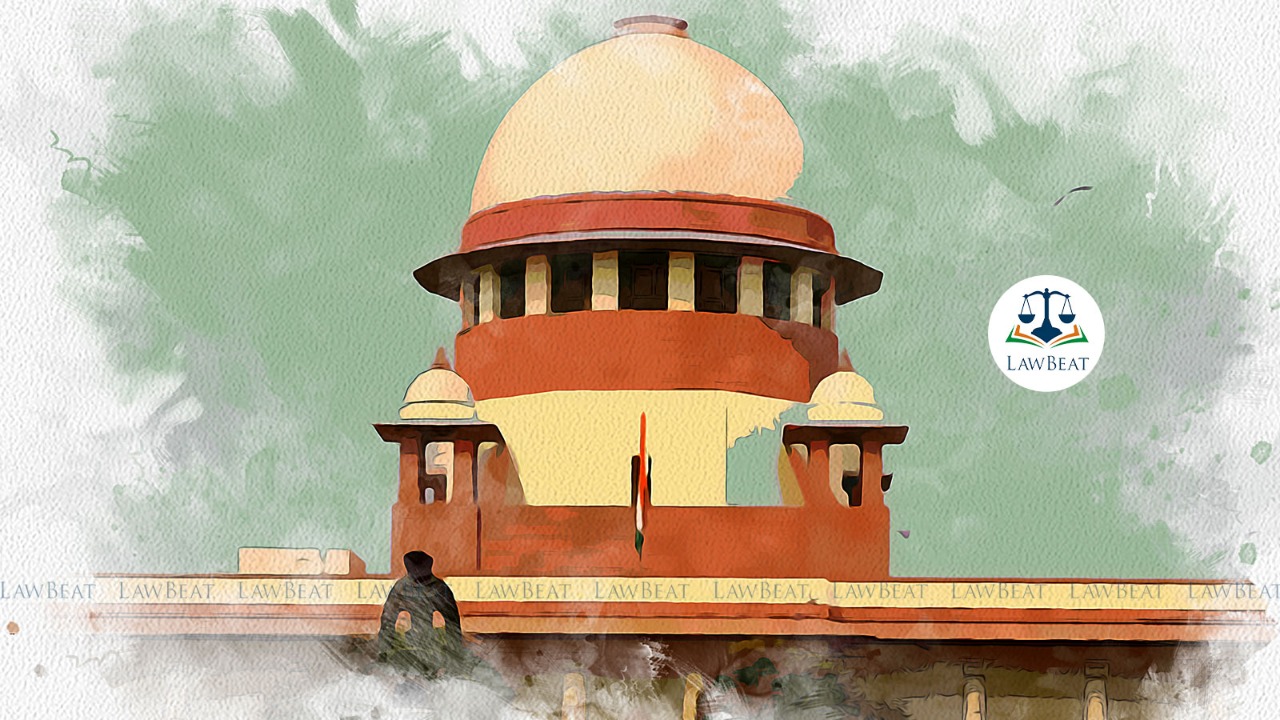Progression In "Going Paperless" And Deflection from "Tareekh pe Tareekh" Concept -A New Dawn Of Justice?

Age-old perception of the people, emphasised by Sunny Deol, and subsequent movies and the literature, has almost established the concept of “Tareekh pe Tareekh”. And somewhere, the number of pending cases before various High Courts and the Supreme Court, has ‘almost’ proved it beyond a point. But the recent advancements are so strong, that it brings back the faith (if lost), and makes it even more stronger (if already had).
In a remark, which would be settling for the environment protectors, and could be a little unsettling with the people otherwise, the five-judge Constitutional Bench of the Supreme Court decided to go green completely in a matter before it.
A bench lead by Justice D.Y. Chandrachud, directed the party to not file or submit physical documents. The Court stated that, "We will keep this bench, a completely green bench so there would be no papers. Please don't carry papers". And thus, directed the counsels of both the sides to not rely on any hard copies.
The matter in dispute pertained to an order passed in a plea challenging amendments in sections of the ‘Government of National Capital Territory of Delhi (GNCTD) Act.
Previously, a bench of the then Chief Justice of India NV Ramana, Justice Surya Kant, and Justice Hima Kohli heard an application filed by the Central Government seeking direction to refer the matter to a constitution bench so as to decide upon the issue with a holistic interpretation of Article 239AA of the Constitution of India.
The Centre had contended that the proceedings arise out of the Order of the High Court passed on August 4, 2017, whereby it upheld validity of notifications issued by Ministry of Home Affairs which were promulgated in exercise of the plenary powers of the Central Government over the administration of NCT of Delhi. It is conveyed to the Court that on February 15, 2017, upon appeal by the Delhi Government, the Supreme Court had referred this case to a Constitution bench in order to decide upon the interpretation of Article 239AA of the Constitution of India.
The Delhi Government had averred before Top Court (in the challenge against the GNCTD Act and transaction and business rules) that the Centre, through its amendments, has, “given more power to the Lieutenant Governor than the elected government of the people of Delhi”, according to a press release in the public domain.
The Bombay High Court witnessed a similar opinion when a bench of Justices G.S. Patel & Gauri Godse, declined to take hard copies of an affidavit filed by the counsel for the City and Industrial Development Corporation in an environmental Public Interest Litigation (PIL). The Bench remarked, "There is now an E-filing system in place in this Court. It is high time the State Government and State Government Agencies now start using the E-filing system invariably".
While there have been petitions also, seeking an effective implementation of the online RTI portal, and redressing the issue of absence of Judiciary from the same.
The Kerala High Court also passed guidelines in August, this year on “all in one touch screen personal computers’ provided for the use of advocates in the paperless courts.
'Tareekh pe Tareekh'
An age-old perception of the people, emphasised by Sunny Deol, and subsequent movies and literature, has almost established the fact on the concept of “Tareekh pe Tareekh”. And somewhere, the number of pending cases before various High Courts and the Supreme Court, has ‘almost’ proved it beyond a point.
But it wouldn’t be wrong to say that the new age and the modern setup has made advancements. Advancement so strong, that it brings back the faith (if lost), and makes it even more stronger (if already had).
With the pure intentions of revamping the image that the Court had, a Bench of Justice D.Y Chandrachud and Justice Hima Kohli, yesterday, refused to accept the request by the Counsel, to adjourn the matter.
The Court stated, “We will not adjourn the matter. At most, we can pass over the matter to be taken at the end of the board but you have to argue the matter. We don’t want the Supreme Court to be a ‘tareekh pe tareekh’ court. We want to change this perception”.
The Court even made it clear that at the behest of the conditions stipulated, all that the Court can grant is a pass over, and not adjournment.
In a previous matter, seeking the same, Justice Chandrachud, even reprimanded counsels that, seeking adjournments repeatedly, makes no sense as the judges prepare and read files before a hearing, irrespective of the day and time. And therefore, it is expected from the counsels, to prepare and argue under all circumstances.
On many such occasions, such an intention was put forth repeatedly, for the advocates in the respective matters. It is thus, very clear from the regular oral observations of the Court, that the aim is to change the system. An agenda to curb what has been into practice, and apply what should be in practice instead.
